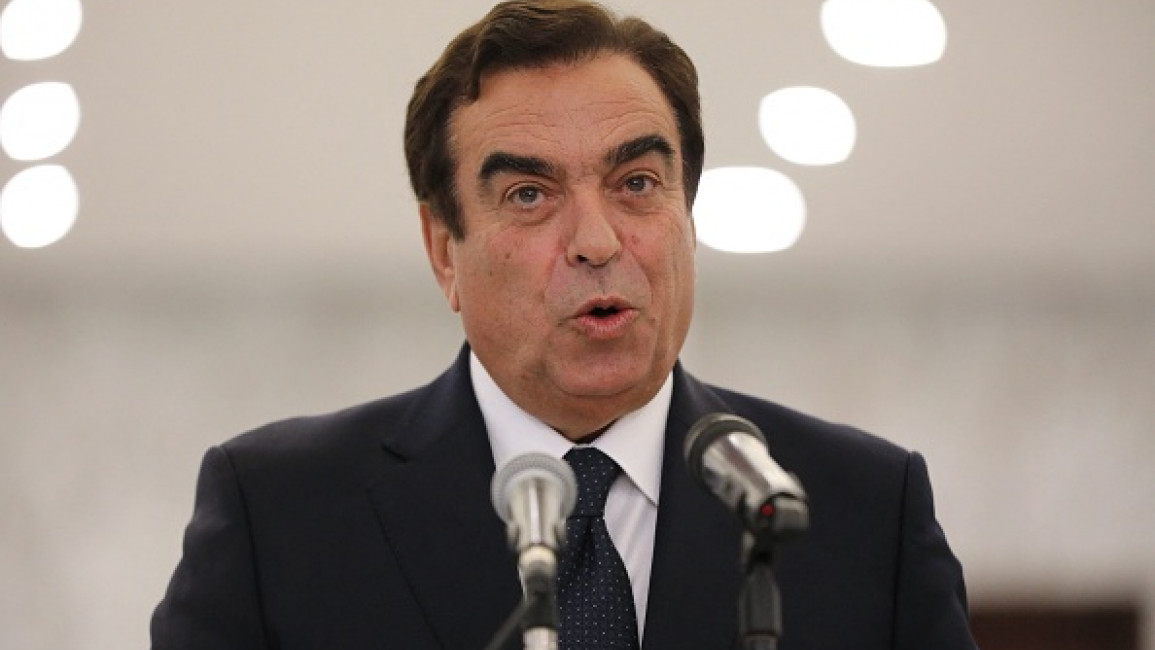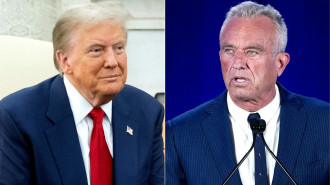Oman expresses disappointment over Gulf diplomatic row with Lebanon
Oman has expressed disappointment over worsening relations between Gulf states and Lebanon in a statement on Saturday after four countries recalled their diplomats from Beirut following a diplomatic row.
Oman's ministry of foreign affairs called for the states, which include the UAE, Bahrain, Kuwait and Saudi Arabia, to address their differences after Lebanese Minister George Kordahi criticised the Saudi-led coalition's military intervention in Yemen in televised comments he made before assuming office.
The four states, which form a part of the Gulf Cooperation Council (GCC) alongside Oman and Qatar, made their move in solidarity with Saudi Arabia against Lebanon who had been counting on financial assistance from the Gulf to rescue its crippling economy.
"The Ministry of Foreign Affairs... calls on everyone to... avoid escalation and address differences... in cooperation based on mutual respect and non-interference in internal affairs," Oman's foreign ministry said.
Kordahi's made the comments, in which he described Yemens war as an aggression by Saudi and the UAE, on a TV programme that aired on Monday but was recorded in August before his appointment as a minister.
Kordahi stated Yemen's Iranian-backed Houthi rebels were "defending themselves... against an external aggression" as homes and villages "were being bombed" by the Saudi-led coalition.
The minister's comments saw Riyadh announce on Friday that their Beirut envoy would be removed and imports from Lebanon would be suspended.
The UAE, Kuwait and Bahrain also expelled Lebanese diplomats, as Kuwait said their decision was based on Lebanon's "failure" to address the "unacceptable" statements against the GCC countries.
This comes as Lebanese Prime Minister Najib Mikati had been hoping to improve ties with Gulf states which have been strained due to Iran-backed Shia group Hezbollah's influence in Beirut, who Saudi deem as terrorists.
Violence in Yemen, which spawned the worlds worst humanitarian crisis, surged seven years ago as Houthi insurgents conquered areas in North Yemen, before the US-backed Saudi-led coalition entered the country in 2015 with aims to restore the government to power.







 Follow the Middle East's top stories in English at The New Arab on Google News
Follow the Middle East's top stories in English at The New Arab on Google News
![The new film casts Israeli actors to tell the story of Mary while leaving out Palestinians [Getty]](/sites/default/files/styles/image_330x185/public/2024-11/GettyImages-2172155541.jpg?h=199d8c1f&itok=wJWyXDEQ)
![Ben & Jerry's has taken Unilever to court for its alleged attempts to silence it [Getty]](/sites/default/files/styles/image_330x185/public/2024-11/GettyImages-2183900214.jpg?h=199d8c1f&itok=jEcYtQ64)
